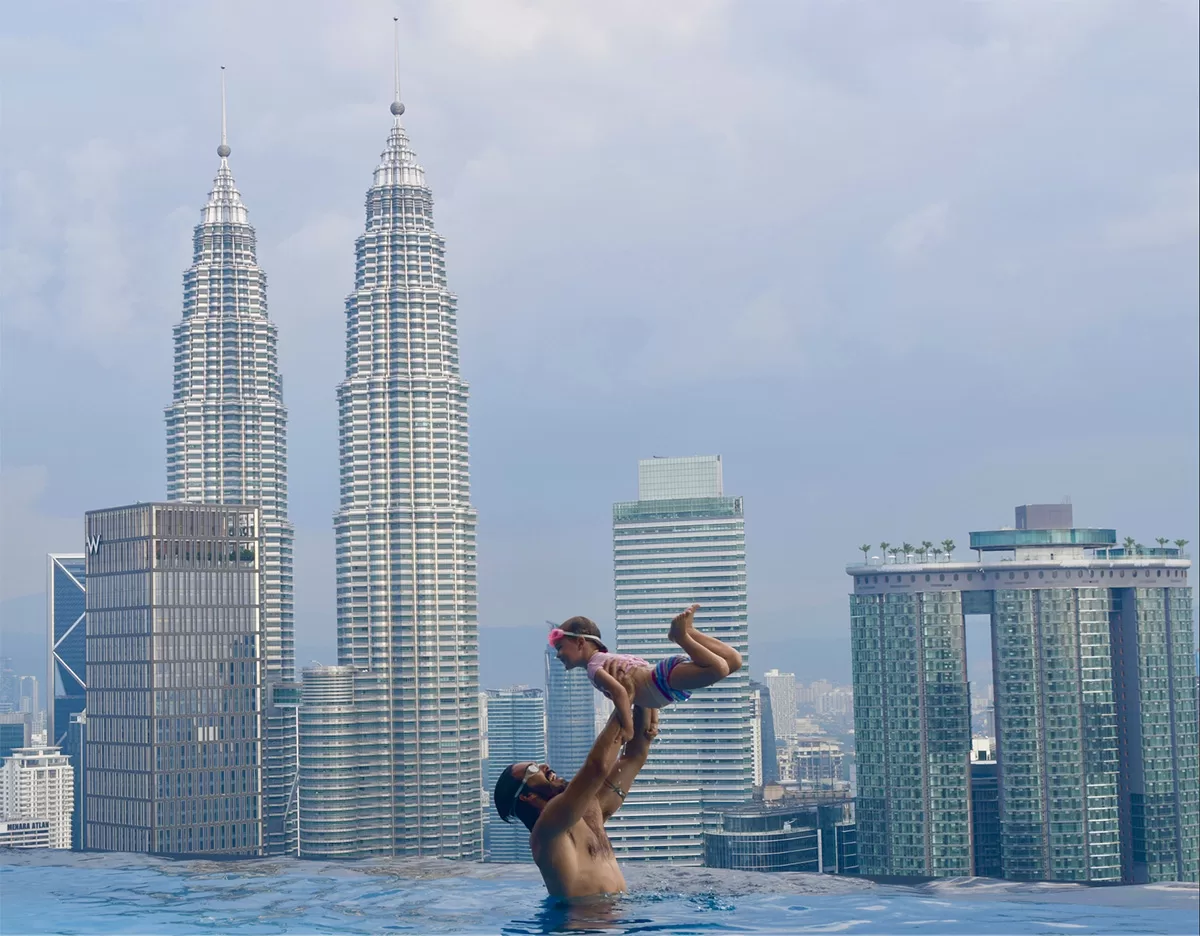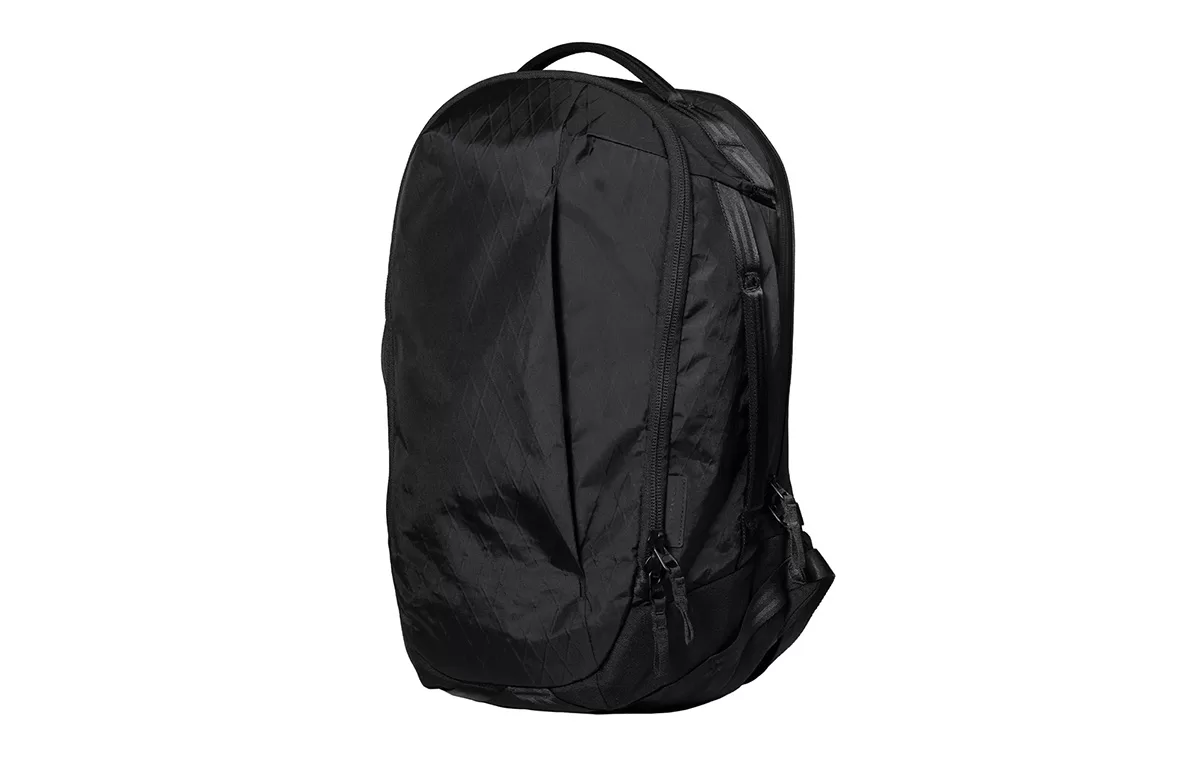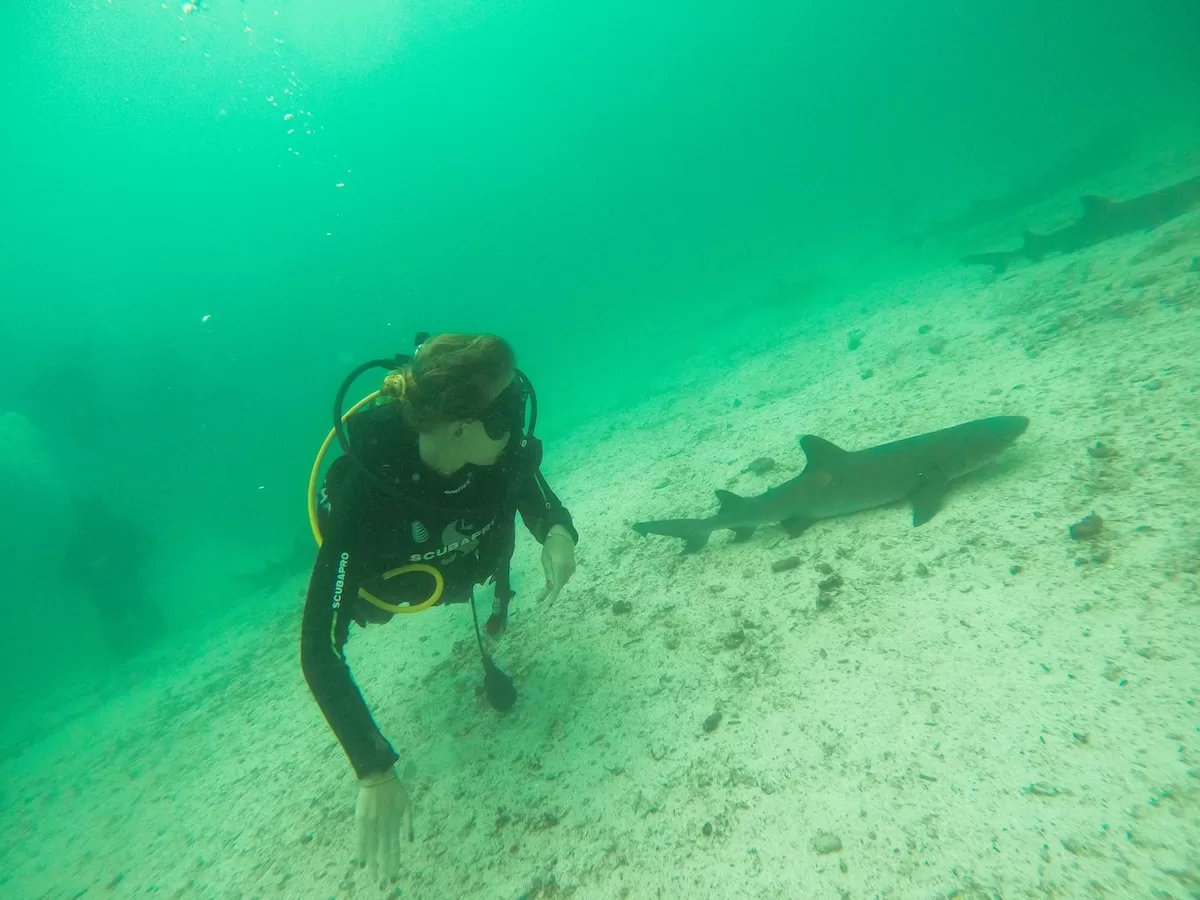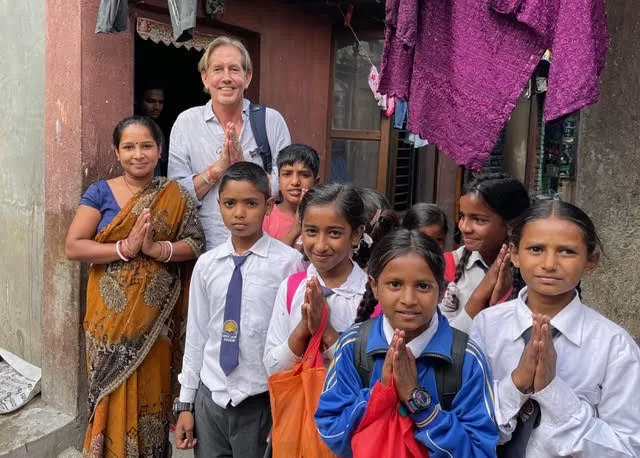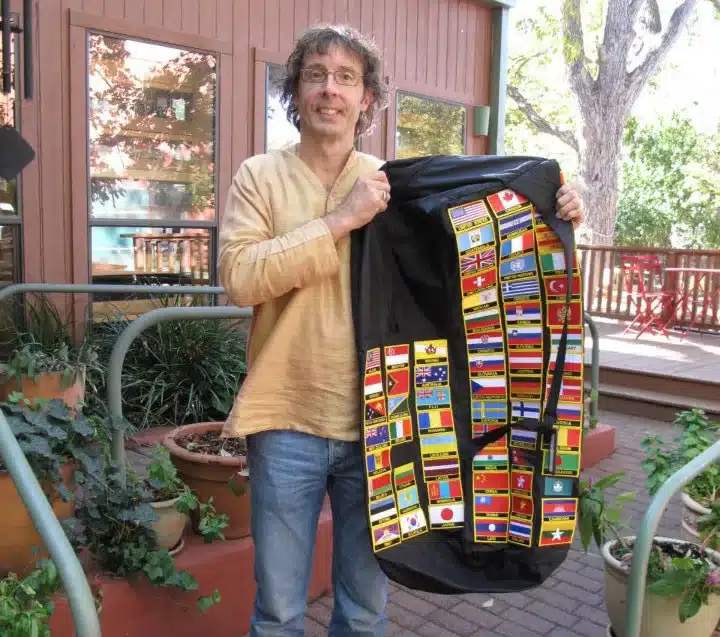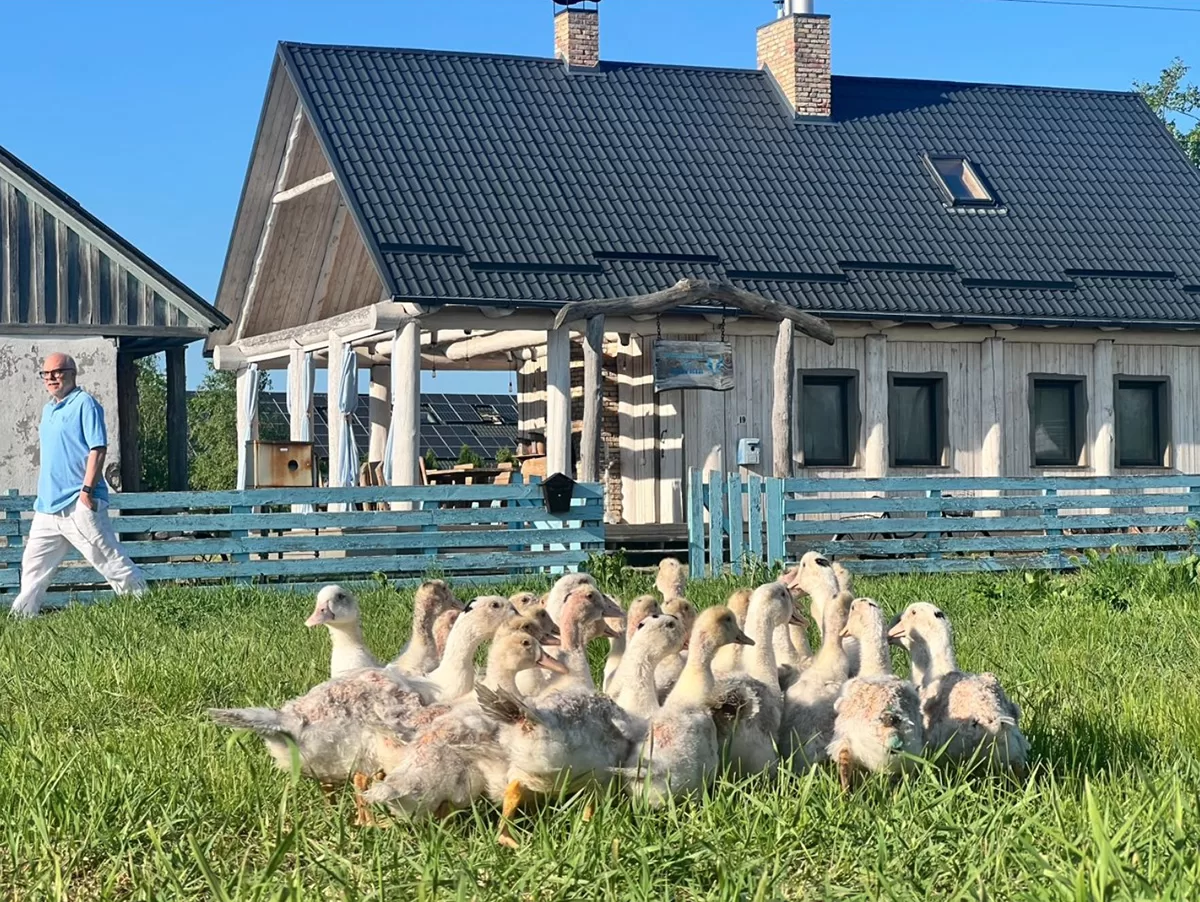After extended stints in Vietnam, Thailand, Bali, and Sri Lanka, 40-year-old Canadian Sean Murphy now lives in Puerto Vallarta, Mexico, with his wife and three daughters. He spoke to Escape Artist about the decision to move abroad, their lessons learned, and how this family of five ultimately found its groove.
Escape Artist: Please tell us why you first started thinking of moving abroad and what convinced you to take the plunge.
Sean Murphy:I’ve been traveling and living abroad for nearly two decades—first as a single guy, then with my wife. The biggest motivators for moving with kids were losing my job and wanting to be more involved in their lives. We were living in Edmonton when I lost my job, which made us re-evaluate. At that time, my wife was on maternity leave with our three-month-old firstborn. If we stayed in Canada we would’ve had to go back to work and carry on with life as usual.
Moving overseas would of course be a risk. But most countries we wanted to live in were more affordable, allowing us to dial back our work and spend more time with our daughter. We tried to view my layoff as an opportunity—a blessing in disguise. People often say we come from the land of opportunity, but if you’re never seizing those opportunities, what good are they?
What did you find to be the greatest hurdle to moving abroad? Was it convincing yourself you could do it, persuading your partner or boss, saving enough money, deciding where to go, or something else?
The actual move isn’t hard. Once you’ve made the decision, you pack your bags, book a flight, and go. The hard part is sustaining yourself, making it last financially and psychologically. If you don’t earn money, you can’t survive. It’s like cutting fat—we can all shed some weight, but keeping it off is the true challenge.
We knew we wanted to move to Southeast Asia. We had no bosses to convince, as I had been laid off and Jazz was on maternity leave. So in October 2016, we packed a few bags and boarded a flight to Saigon, relocating to Vietnam with a three-month-old. It was a nerve-wracking decision, but we had $50,000 saved, so we didn’t need to make money right away. That really reduced the pressure. We had no expectations. We planned to stay until it was no longer feasible.
It was less about running towards pleasure than about running from pain
Our move to Mexico in 2020 felt more permanent. We kept our Edmonton condo, but with lockdowns and vaccine mandates coming, we wanted to be far away from Canada. We felt we could sustain ourselves financially, but the idea of not coming back made it more daunting. That sense of finality probably took some of the enjoyment out of the journey. It was less about running towards pleasure than about running from pain.
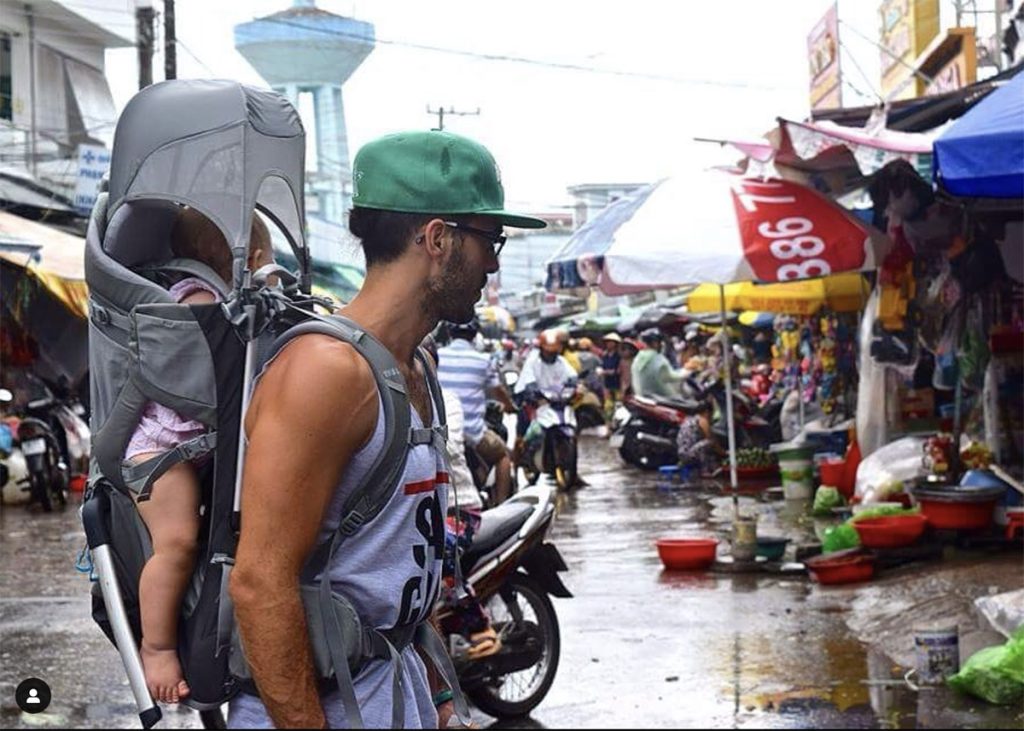
Why did you choose Thailand, then Vietnam? In what ways were these places surprising, and in what ways were they difficult or disappointing?
We chose Southeast Asia for two reasons. I had previously lived there for a few years working as a tour guide, so it felt like a second home. Second, we thought we could teach English for extra money. We got certified as ESL teachers before we left as a sort of fallback plan. English teachers are in high demand in Vietnam and paid well.
What stood out was how the Vietnamese interacted with our baby. I had never traveled or lived abroad with a child, so I didn’t know what to expect. On the beach, for example, locals would just stroll up to us, scoop her up and start kissing her without asking. If you did this in Canada or the US, you’d be lucky to walk away without a black eye. But in their culture it’s different. They obsess over babies, especially Caucasian children. They want to touch them for good luck.
Please tell us one moment or incident from your time abroad that encapsulates how much your life has changed, how much you’ve gained from your escape.
If someone wants to move abroad, the question is, how? We had all those insecurities and uncertainties as well. But once you beat those fears, suddenly the impossible is possible. I still get chills just thinking about it. I’ll never forget that night, sitting in our Da Nang apartment after a long day applying for jobs online.
We finally landed one, transcribing court documents for a company in England. We stayed up almost the whole night, pounding out documents and sending them in. A couple days later, the payment appeared in our bank account. It wasn’t much, but it meant everything.
We laughed and celebrated, knowing we could make money from anywhere in the world. One gig led to another and it snowballed, leading to some jobs we’re still working today. We’d found a skill that gave us resilience and mobility. It was like discovering a superpower—you can’t wait to see what it can do. That sense of freedom, of being able to go almost anywhere in the world and be OK, was unbelievable.
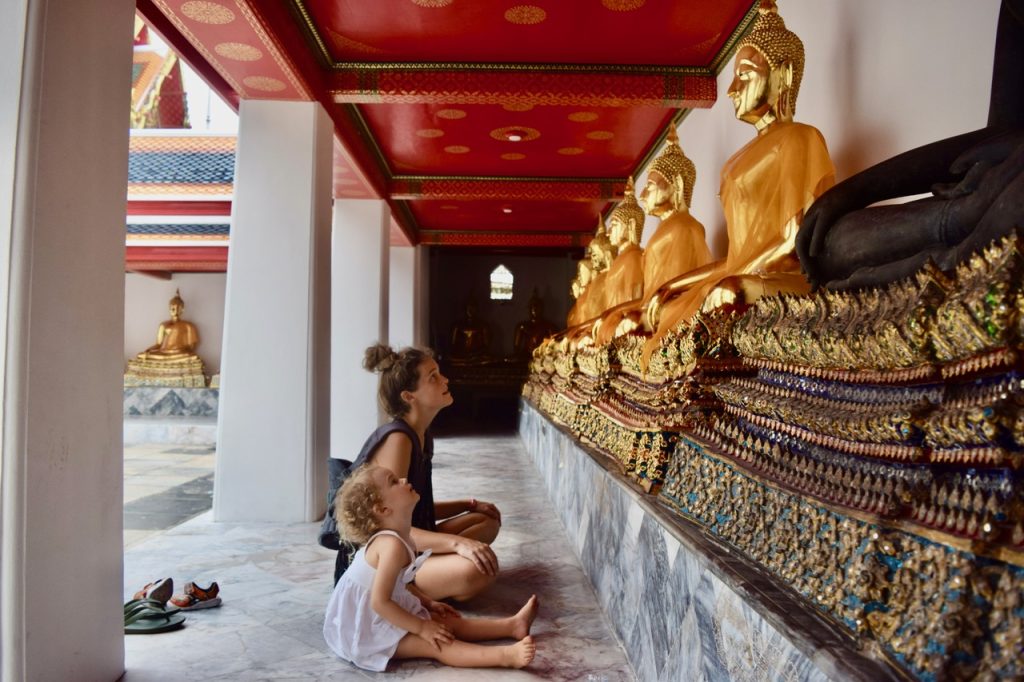
Just generally, what has most surprised you about living abroad?
Leaving home does one of two things: either you realize what you had or missed from home and can no longer live without, or you discover that home wasn’t what you thought it was. So be prepared for your perspective to change. Your brain’s circuits get re-wired and home becomes a skewed construct, leaving you unsure what the word even means. It’s a real experience, and not something you can fully anticipate. You truly learn more about a place when you leave it, much like stepping outside a relationship and looking back at it through a new lens years later.
Please share a few lessons learned from the expat life. Maybe it’s a way to find the best restaurants or a great apartment, or make friends, or find things for your kids to do, or work remotely indefinitely, or travel across Europe cheaply…
I focus on giving the best life to those under my roof. That’s all I can control.
Leaving family can be your biggest hurdle. Make sure you’re prepared for it. You almost have to be selfish because you might not receive the support you hoped for. But if this is what you truly want, you need to stay strong. You can’t please everyone, so I focus on giving the best life to those under my roof. That’s all I can control.
At the same time, community is crucial. Find one and become a part of it. It helps keep you grounded. We’ve built our own little community under our roof, but isolating yourself in a foreign place often makes things much more challenging. The pristine beaches, postcard sights, and ancient monuments eventually lose their charm. We remember the people we met and the relationships we made in every location we’ve lived. That’s what endures.
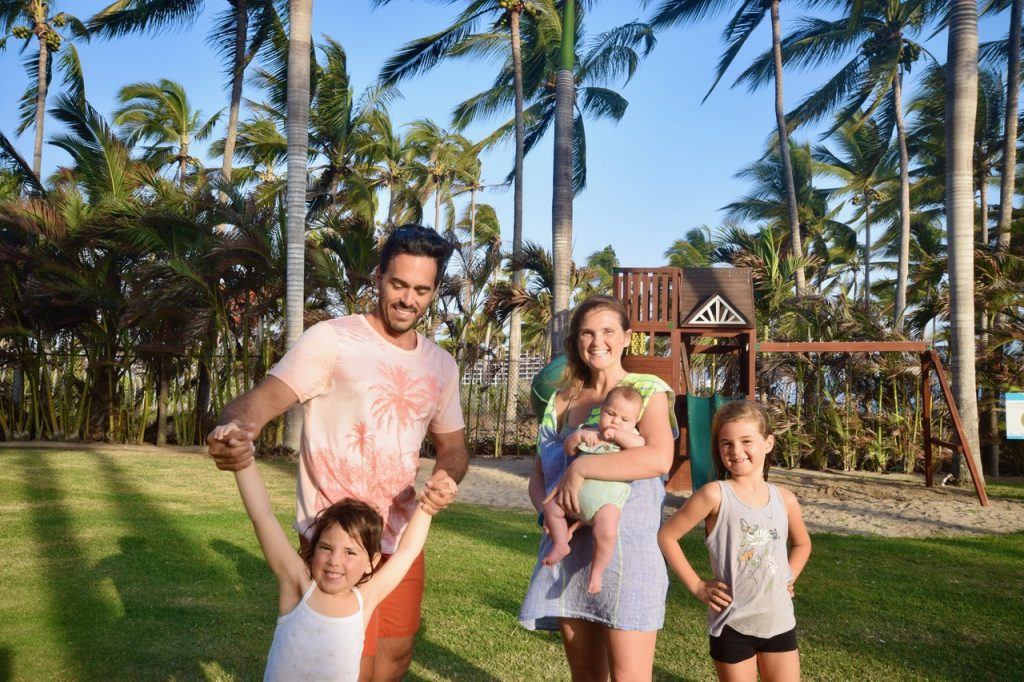
You’ve been living abroad since 2016 in I think five different countries. Does one stand out as the most challenging, most intriguing, or most surprising?
Mexico might be our toughest challenge. We’ve expanded our family with a third child, and my work has changed as I’ve ventured into entrepreneurship (yikes!) while working again in the oil industry, which means leaving my family for two weeks at a time.
Mexico feels more permanent; our roots have dug in deeper than we expected, with the adoption of dogs and the creation of a small hobby farm. “You can’t travel with kids,” people say, but kids can be easy compared to the challenges of animals.
As our kids grow, we constantly reassess where we want them to grow up and what kind of influences we want them to have. You only get one chance to make these choices. Mexico may not tick ALL all of our boxes, but it ticks the RIGHT ones for us right now.
What have you found to be the secret to successfully living abroad? Is it buying a property, connecting to locals, returning home regularly?
Several steps often make the transition easier: learn some of the language; return home periodically to recharge; unlearn everything and wipe the slate clean to better connect with locals and their culture; establish a stable remote income, as finding local work is often a challenge.
I call these the micros for living abroad, but I believe it’s the overarching factors, the macros that truly make it work. Expats need to have a fundamental love, desire, curiosity, or intrinsic motivation to keep them going. When you’re engaged in something that reflects your personality and resonates with your core, you question the outcomes less. Tough days are inevitable, but if the lifestyle aligns with your identity, all of it feels right.
The environment we provide for our kids, the experiences we offer them, the uninterrupted time we spend together, is deeply fulfilling. Day-to-day life feels natural, almost effortless. The lifestyle we’ve chosen nourishes our souls, preventing us from feeling empty or hungry for something else. Living abroad is not the answer for everybody, but for us it has worked well.
Finally, what would you say to those people back home in Canada, or in the US or wherever, thinking about moving abroad, but not sure they could pull it off?
If this is a life you’re considering, know that you damn well can! Despite all the fears, uncertainties, and stories about how scary or unconventional this world is, it’s all just noise. You can travel longer, book one-way tickets, live abroad, move with kids, venture outside gated communities, feel safe, build a meaningful life, and give your children experiences far beyond what traditional schools offer.
You can live more in the moment, experience “firsts” like a child, build skills, build adaptability, find lifelong friends, find a whole world of people, find your loved one, and find you.
——————
Sean Murphy is a certified international travel coach and founder of The Relocationist, a consultancy that helps people move to Mexico. Find him here: www.therelocationist.com.
Sean Murphy
